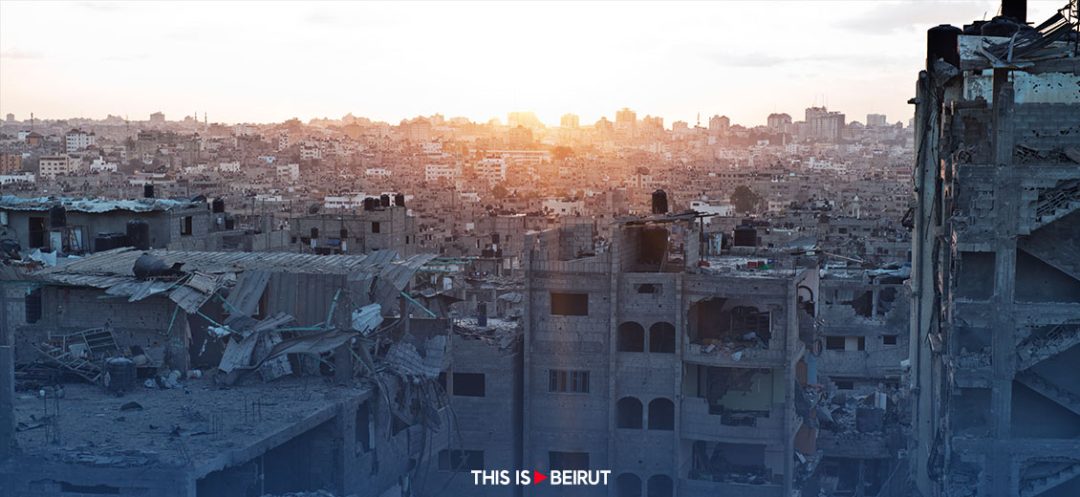Israel is committed to weakening Hamas but has provided limited information about the governance that would follow in Gaza after the conflict. Observers anticipate that Washington will play a crucial role in shaping this future.
Israel is determined to crush Hamas but has said little about what would replace its rule in Gaza after the war, with observers expecting Washington will play a decisive role.
“One thing is clear: the Gaza Strip will not be ruled by Hamas once this war is over,” Israeli government spokesman Eylon Levy told press agencies as Israel’s military steps up strikes in preparation for a widely-expected ground offensive.
Prime Minister Benjamin Netanyahu has called it a “do or die” war. And his government is hoping to end all responsibility for Gaza as part of a “new regional reality” it hopes will emerge after the war.
After the current air strikes and action inside Gaza, Defense Minister Yoav Gallant said a “third phase” would involve “the removal of Israel’s responsibility for life in the Gaza Strip, and the establishment of a new security reality for the citizens of Israel”.
But no minister talks about Gaza’s future government.
And nobody has raised the possibility of a new Israeli occupation of the enclave, the military and financial burden of such an eventuality being too high to bear.
“We are discussing possibilities with our partners,” said government spokesman Levy.
Israel wants to “hand over the keys” to a third party, a foreign ministry source said, speaking on condition of anonymity.
According to Eitan Shamir, a former Israeli government security specialist and now director of Jerusalem’s Begin-Sadat Center for Strategic Studies, Washington will have a decisive say in Gaza’s future.
The US, he said, already has an “overview” role in Israel’s action against Hamas.
“The favorite option of the Americans and Israelis would be an international structure with Palestinian Authority, with Saudi funding, for example,” Shamir told press agencies, saying it could include US and European administrative help.
US President Joe Biden has given Netanyahu strong support, visiting Israel last week and warning other regional players not to get involved while lining up almost $15 billion in military aid, even if he has warned Israel against letting its “rage” go too far.
But Washington has also not been clear about how it sees Gaza’s future.
The Israeli foreign ministry source raised Egypt as a possible savior, although Cairo has resisted decades of pressure to take a greater role.
Egypt and Jordan are deeply concerned about the war unleashing a new flood of Palestinian refugees.
No Arab or Muslim state has so far proposed an intervention.
One option supported by Israeli opposition leader Yair Lapid is for Mahmoud Abbas’ Palestinian Authority to take control.
The authority already cooperates with Israel in running parts of the occupied West Bank, but the aging Palestinian leader has faced growing criticism since the war began.
But a report by the International Crisis Group said there was “little hope that the already deeply unpopular PA could return to Gaza on the back of an Israeli invasion and not be treated as an enemy.
“Moreover, it is not clear that Israel would want the West Bank and Gaza under a single authority,” the think tank said.
Khalil Wakim, with AFP





